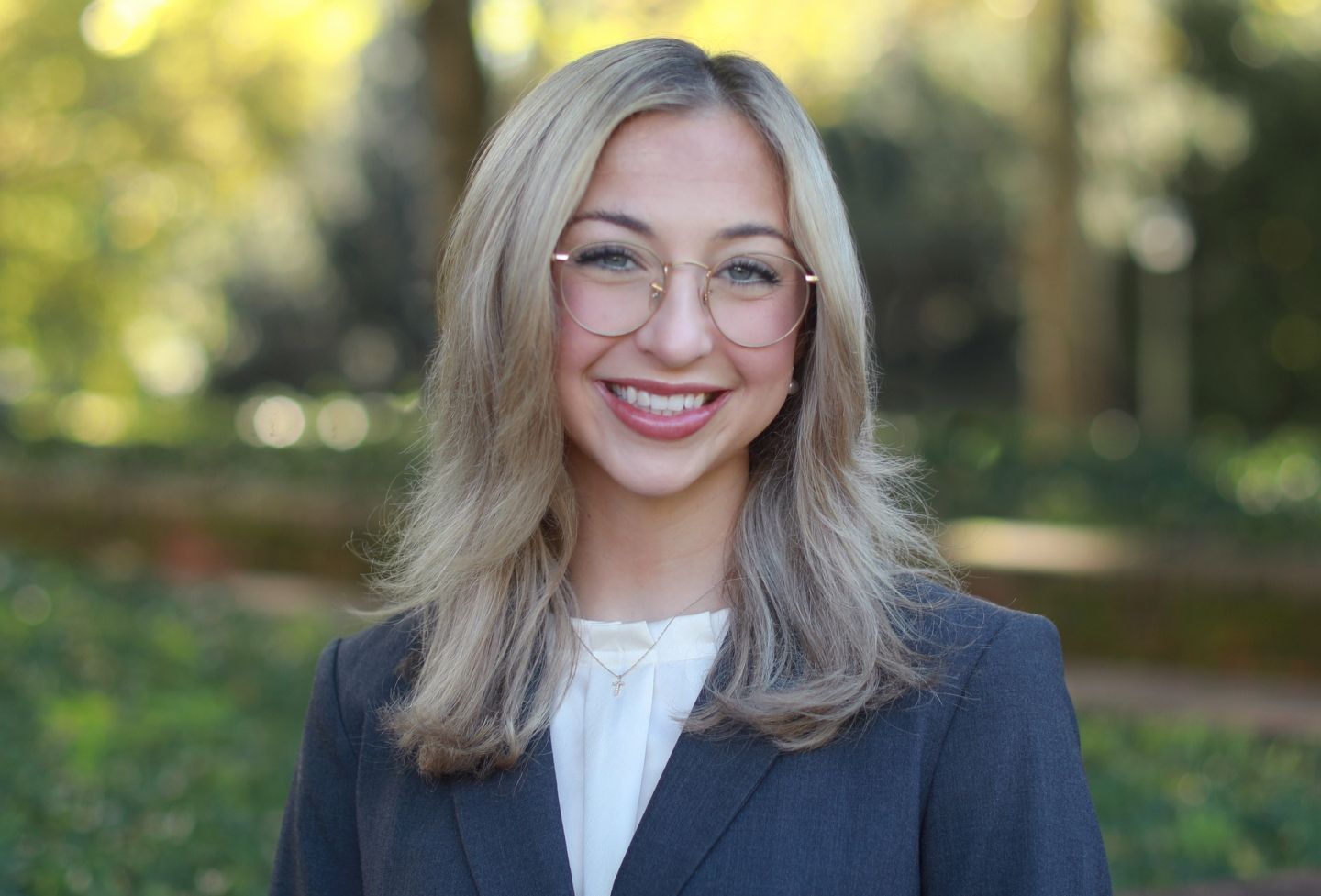Pamela McElroy: Access to Citizenship Tough for Vietnamese Residents
Cambodia’s historically conflicted relationship with its eastern neighbor Vietnam also translates into citizenship problems for ethnic Vietnamese living in Cambodia.
“The ethnic Vietnamese in Cambodia have never assimilated very well, unlike some other ethnic groups that have settled in Cambodia,” said third-year law student Pamela McElroy.
Part of this stems from a permeable border and Vietnam taking control over Cambodia in the 1980s, and more recently, from questions in the late 1990s over whether the new Cambodian constitution was trying to exclude Vietnamese people from citizenship.
Though a nationality law has since been passed, it’s unclear whether that’s helped Vietnamese people living in Cambodia.
“What I found was a lot of lack of data,” McElroy said. The Cambodian government does not have a strong interest in monitoring Vietnamese residents’ access to citizenship or identity cards, and the Vietnamese often do not identify themselves to the government even if it means gaining access to schools and jobs.
“It seemed like a very complicated issue,” she said.
Cambodia is working on new immigration enforcement policies to help address the problem.
“It needs to be examined to see how many people are actually being kept from accessing citizenship that they have a legitimate claim to and then, also, how the government might be able to address the situation of those who don’t have legitimate claims, or if the government should even be obligated to address those peoples’ situations.”
McElroy was able to talk to Vietnamese residents by working with a woman who ran a medical clinic in their community.
“What I saw was just a lot of confusion,” she said. She heard stories about people who thought they got documents verifying their citizenship or identity from government officials who required payment, only to find out later they had been scammed.
“The best part was to actually get to meet the people whose problems you were researching. You got to see the big scope of the problem, but then you also got to see the human level on which it played out.”
She also visited a floating village, where many Vietnamese live on floating houses moored to land. In the late 1990s there were many examples of government officials taking identity cards and unmooring the boats.
Yet even seemingly legitimate claims to citizenship can be questionable because the government has been in turmoil for decades. “With all the government overthrows they’ve had over the last several decades, paperwork is a big issue.”
McElroy concluded that the NGOs that were most successful at addressing the problem of Vietnamese immigration were those with a high level of involvement from Cambodian people as opposed to foreigners or Westerners.
- Kathleen Doherty: Indigenous Education Gets Help from NGOs
- Robin Freeman: Cambodia’s Disabled May Soon Be Protected by Law, If in Name Only
- Kathleen Ho: More Measuring Needed to Determine Microfinancing’s Societal Success
- Guillermo Jover-Cataldi: With New Law, Land Rights Issues Present Complex Picture
- Dana Jupiter: Blurry Lines in Monitoring Sex Trafficking
- Gabriel Walters: Khmer Rouge Tribunal May Not Offer Justice for All
- Zach Williams: Criminal Defendants’ Right to Counsel Hurt by Lack of Lawyers
Founded in 1819, the University of Virginia School of Law is the second-oldest continuously operating law school in the nation. Consistently ranked among the top law schools, Virginia is a world-renowned training ground for distinguished lawyers and public servants, instilling in them a commitment to leadership, integrity and community service.


